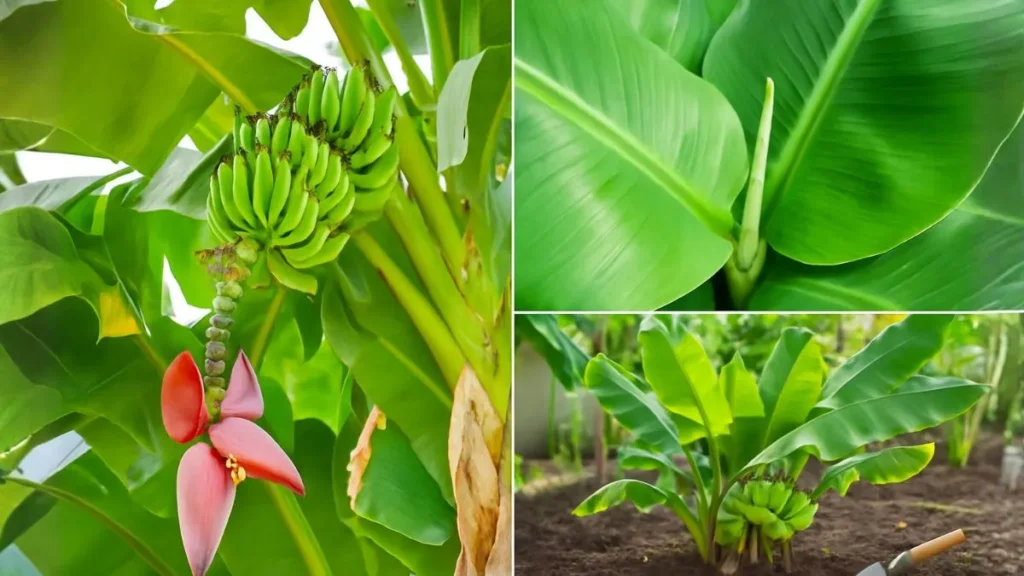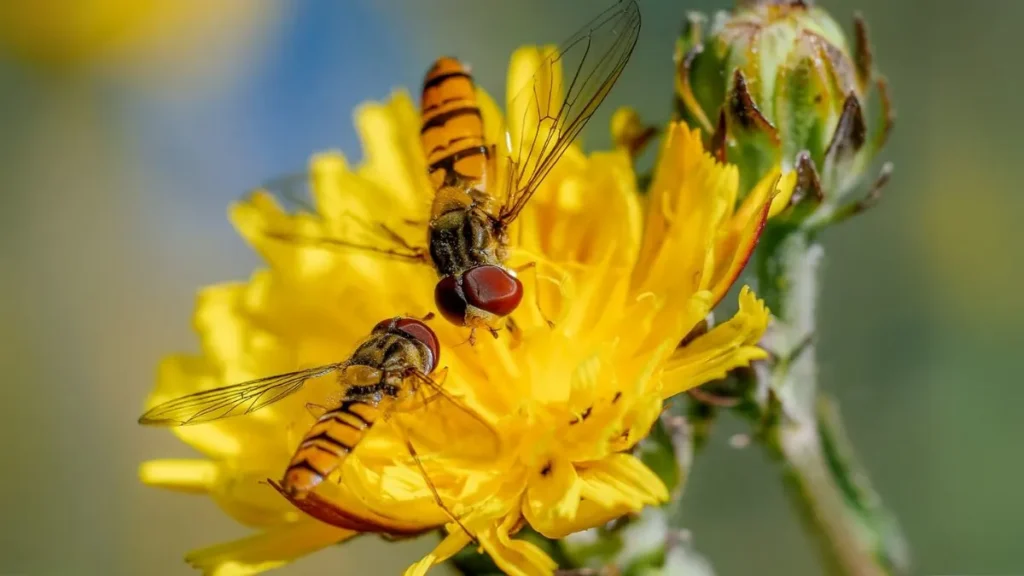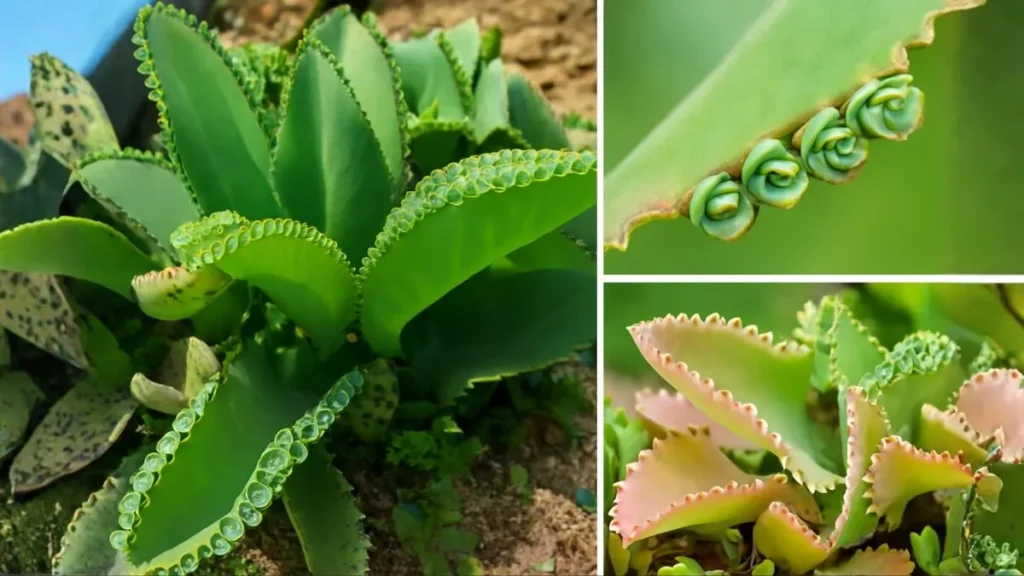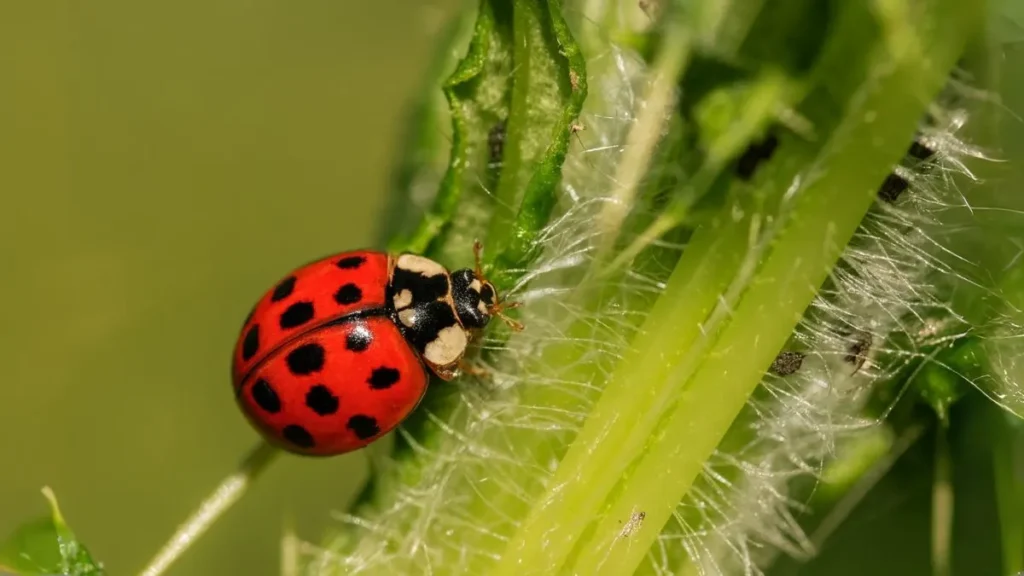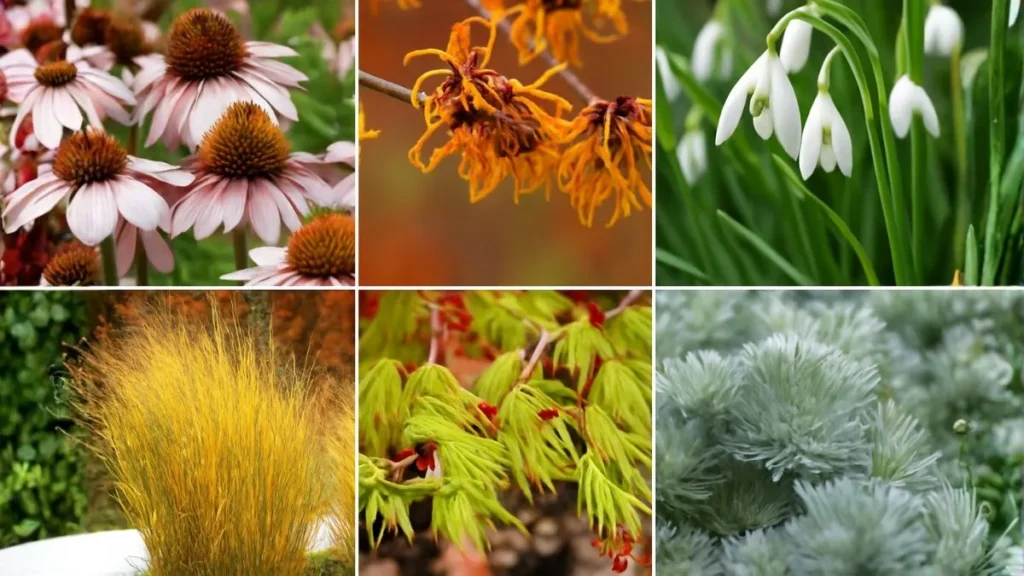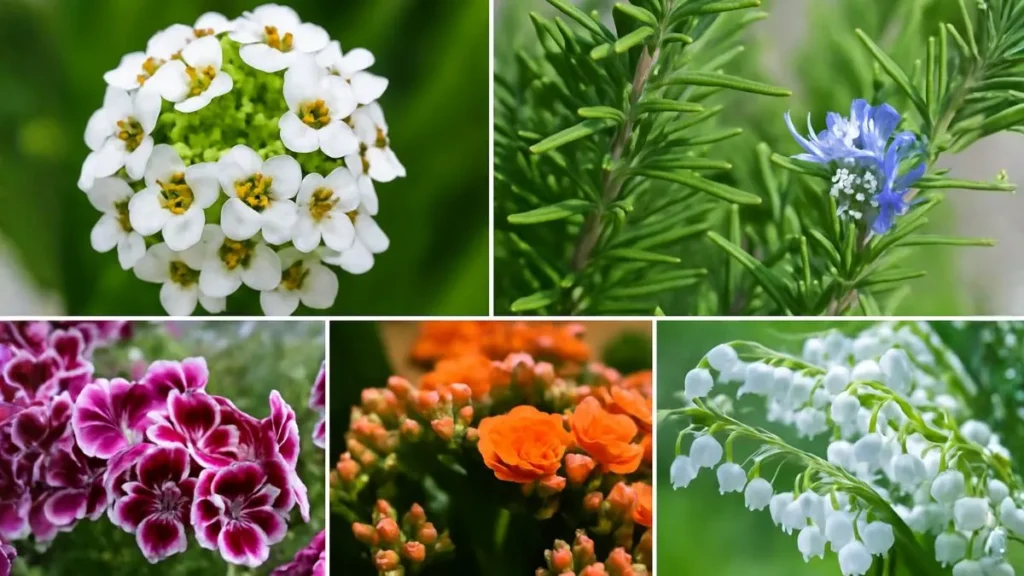Few flowers capture the imagination like poppies. Their vibrant colors, delicate petals, and effortless charm make them a favorite among gardeners. Whether you want to brighten a corner of your garden or add a field-like charm to your landscape, learning how to grow poppy from seed is both rewarding and surprisingly simple.
With just a little preparation, the right soil, and sunshine, you can enjoy these blooms season after season. Let’s walk through a step-by-step guide, blending expert advice with practical gardening experience.
Step 1: Preparing the Soil and Location
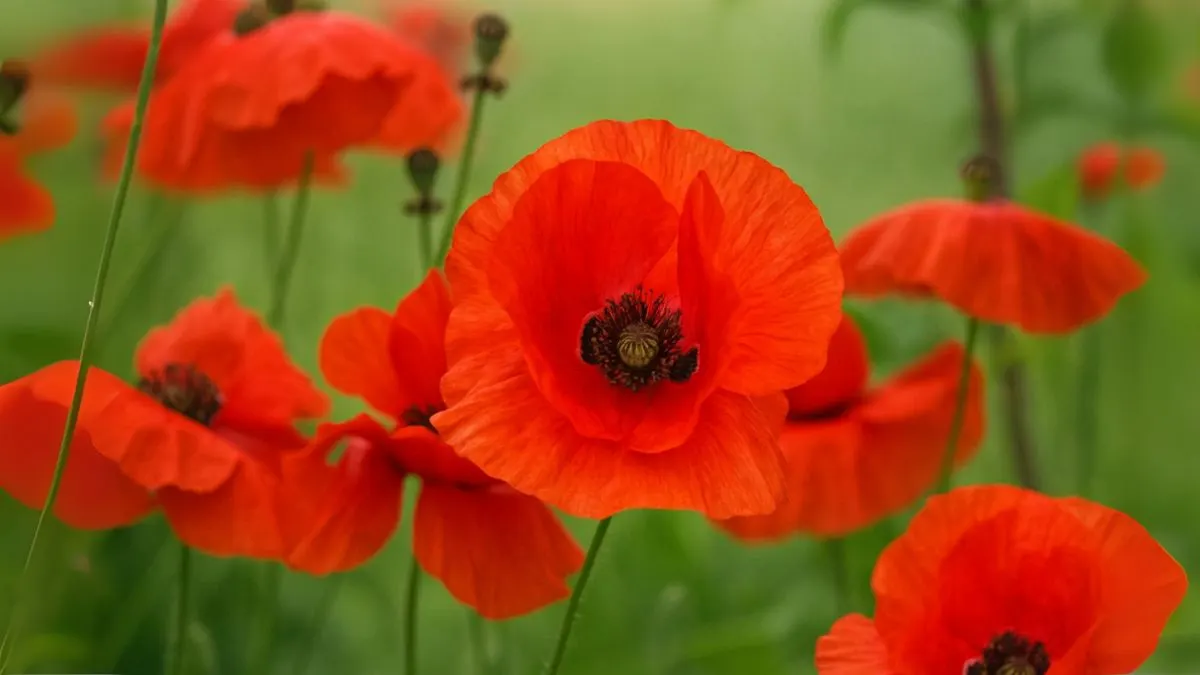
Poppies thrive when you prepare well-draining soil in a sunny spot, as they need at least 6–8 hours of sunlight daily. This is crucial because poppy grows best in full sun and requires well-drained, fertile soil.
I once tried growing them in heavy clay, and the results were disappointing—too much moisture led to root rot. Switching to slightly sandy soil with compost made all the difference.
💡 Pro Tip: Poppies dislike being transplanted, so choose their spot carefully at the beginning.
Step 2: Sowing the Seeds
When it comes to sowing, Direct Sowing is the easiest method. Simply shake the seeds from the pod over well-prepared soil in a sunny flower bed during early spring or fall. Press them lightly into the soil surface without covering them too deeply, as light helps with germination.
Alternatively, you can plant your poppy seeds in a seedling tray if you want a head start indoors. But remember, they are delicate when moved, so transplant with extreme care.
Also Read: Yarrow: Nature’s Hidden Healing Herb
Step 3: Watering and Early Care
After sowing, keep the soil consistently moist but not waterlogged until seedlings emerge. Overwatering can drown the seeds, while dry soil will prevent germination.
Once seedlings appear, it’s time for thinning. Seedlings are very carefully separated in late April or early May to give them space to grow. Thin them to about 6–8 inches apart to allow for growth, ensuring each plant gets enough sunlight and nutrients.
Step 4: Ongoing Care and Maintenance
Caring for poppies doesn’t require much effort. Just remember the basics:
- Full sunlight for at least 6 hours daily.
- Well-drained soil that’s not overly rich (too much fertilizer can cause more foliage than flowers).
- Moderate watering—they prefer soil that’s moist but never soggy.
If you sowed in a tray, up-potting young plants should be done with caution. Their fragile roots can break easily. I’ve lost a few seedlings by rushing this process, so patience is key.
Step 5: Blooming and Harvesting Seeds
Once established, poppies will reward you with spectacular blooms. Depending on the variety, flowers appear in late spring or early summer. After blooming, allow the seed pods to dry. Then, you can shake the seeds from the pod over well-prepared soil to encourage next year’s growth naturally.
This self-seeding habit makes them a joy for gardeners who prefer low-maintenance flowers.
Also Read: Weeds: Nature’s Free Soil Test in Your Garden
Varieties Worth Trying
Here are some popular poppy varieties for gardens in Canada, USA, and worldwide:
Poppy Variety |
Features |
Best For |
Oriental Poppy |
Large, vibrant blooms in red and orange |
Borders, statement beds |
Iceland Poppy |
Soft pastel colors, delicate texture |
Containers, cottage gardens |
Shirley Poppy |
Papery petals in mixed shades |
Mass planting |
California Poppy |
Low-maintenance, drought-tolerant |
Dry, sunny spots |
Each variety follows the same sowing principles but offers a different aesthetic to your garden.
Personal Experience
When I first tried growing poppies, I underestimated their preference for direct sowing. I planted a tray indoors, only to see most seedlings struggle during transplanting. The following season, I switched to direct sowing—and within weeks, tiny green shoots appeared. By summer, my garden was filled with red and pink blooms that swayed beautifully in the breeze.
That experience taught me that sometimes, the simplest methods really are the best.
Also Read: Tillandsia (Air Plants): The Indoor Plant That Needs No Soil
Growing poppies doesn’t require advanced gardening skills. With well-draining soil in a sunny spot, regular moisture, and thoughtful thinning, anyone can master how to grow poppy from seed. Remember, Direct Sowing is the easiest method, but for more control, you can also plant your poppy seeds in a seedling tray.
Whether you’re in Canada, the USA, or anywhere with the right conditions, poppies can transform your garden into a canvas of color. Give them a try this season—you might just discover your new favorite flower.
